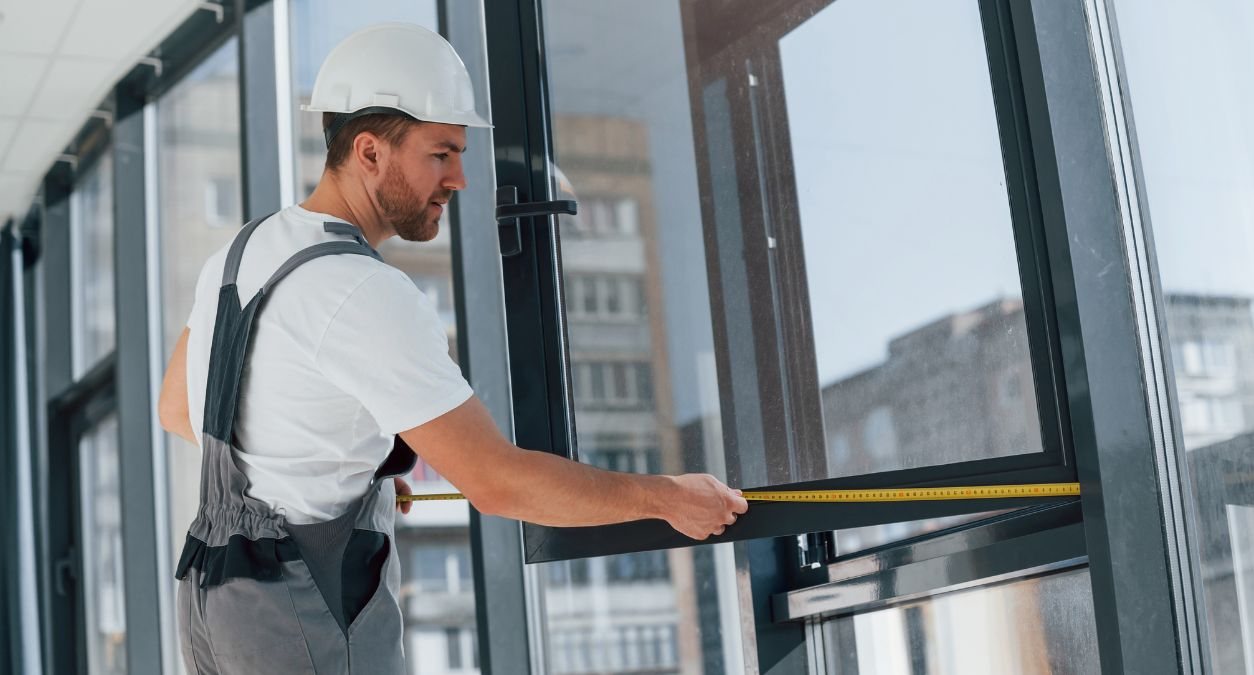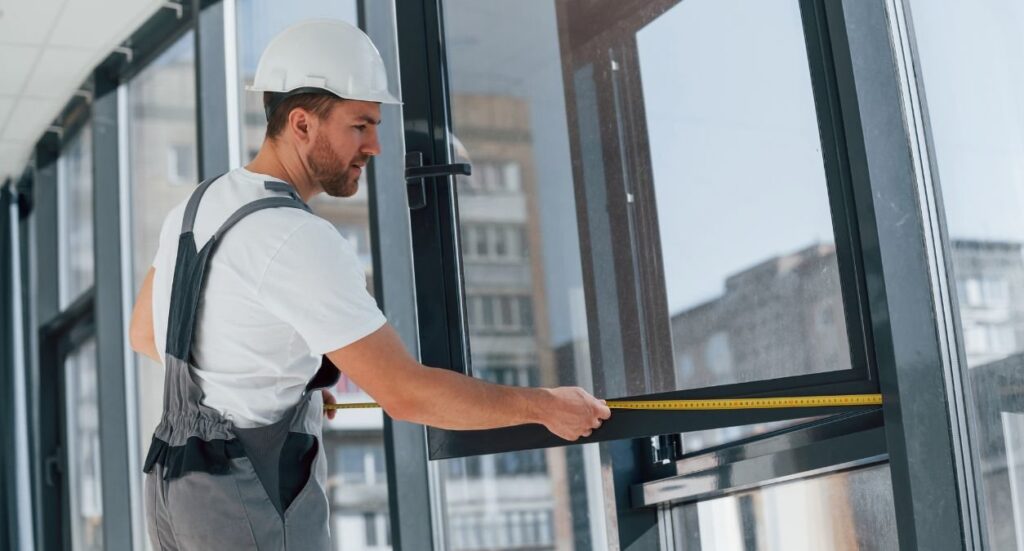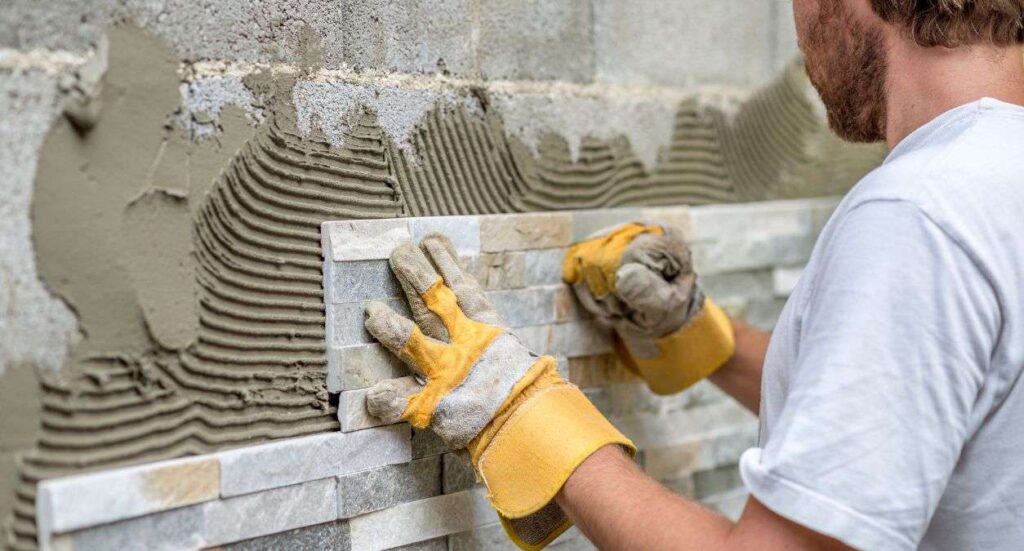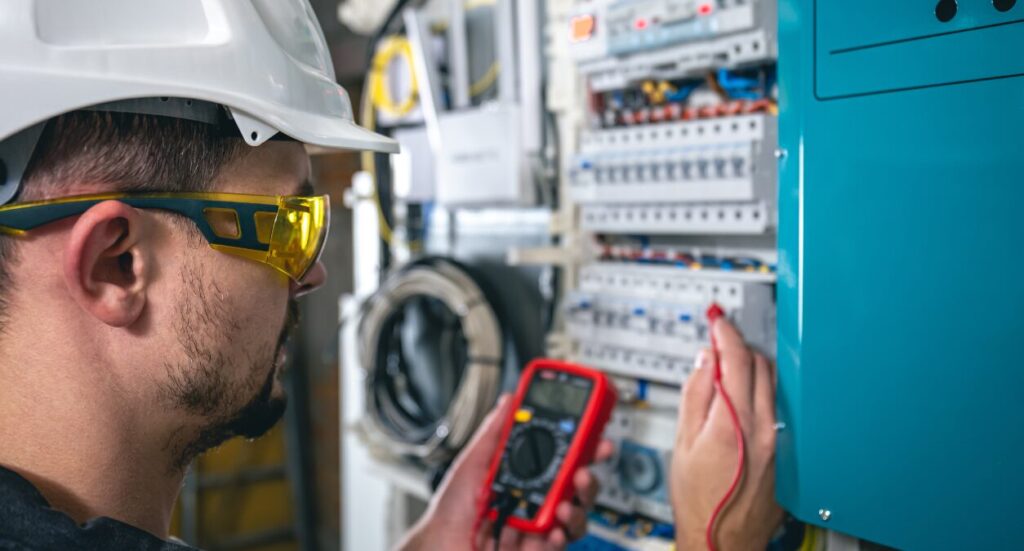Table of contents
Table of contents
If you are a tradesperson involved in the installation of windows and doors in the UK, becoming FENSA approved can be a valuable step for your business. FENSA (Fenestration Self-Assessment Scheme) is a government-authorised certification scheme that ensures installers comply with building regulations for window and door replacements in domestic properties. Gaining FENSA approval allows you to self-certify your work, removing the need for local authority inspections.
In this guide, we will explain what FENSA is, the benefits of becoming certified, the registration process, costs involved, and alternatives available. Whether you are an independent tradesperson or part of a larger business, this blog will help you understand everything you need to know about becoming FENSA registered.
What is FENSA?
FENSA (Fenestration Self-Assessment Scheme) is a government-backed scheme that certifies window and door installations comply with building regulations. It was established in 2002 to ensure that installers meet energy efficiency and safety standards without requiring direct local authority approval for each installation.
When a FENSA-certified installer completes a job, they can issue a certificate to the homeowner, proving that the work meets regulatory standards. This certification not only simplifies compliance for tradespeople but also reassures customers that their installation is legal and energy efficient.
Why is FENSA certification popular with tradespeople?
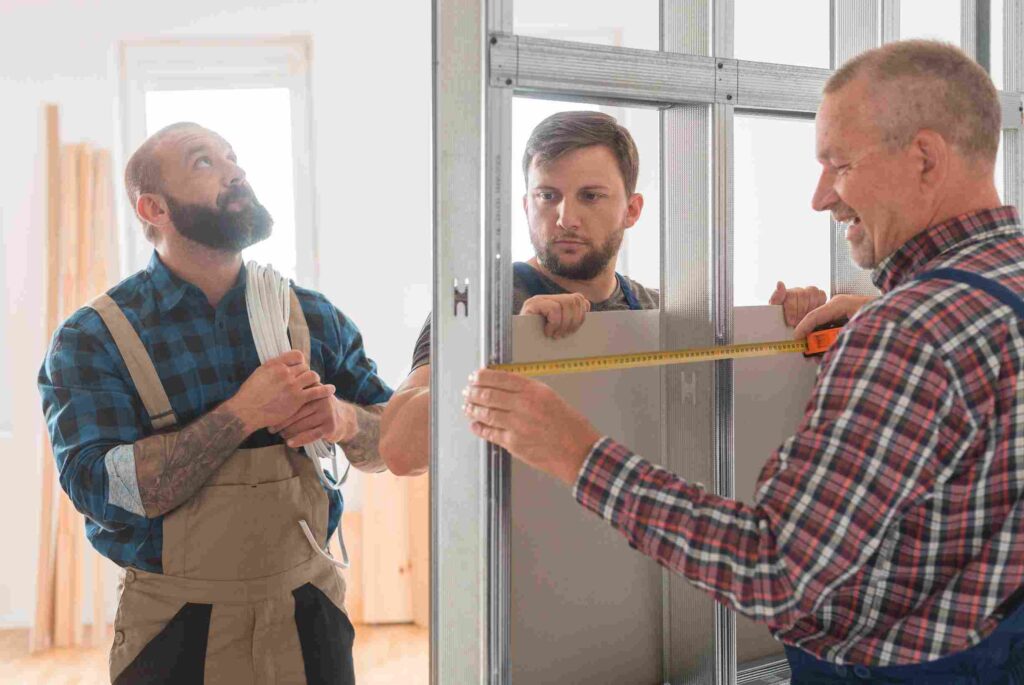
FENSA certification is widely recognised in the UK construction industry, making it a valuable asset for tradespeople working with windows and doors. The ability to self-certify installations saves time and money by avoiding the need for building control inspections.
Additionally, many homeowners prefer to hire FENSA-approved installers because it gives them confidence that the work will meet the required standards. Displaying the FENSA logo on marketing materials, vans, and websites can help attract more business. Many estate agents and solicitors also request FENSA certificates when selling a property, further increasing demand for certified installers.
Which trades use FENSA the most?

FENSA certification is primarily used by tradespeople involved in the installation of windows and doors in residential properties. The most common professionals who benefit from FENSA approval include:
- Glaziers – Specialising in the installation and replacement of glass windows and doors.
- Window and Door Installers – Independent contractors or companies fitting PVC, aluminium, and timber frames.
- Conservatory fitters – Tradespeople working on conservatories that require compliant window and door installations.
- Builders – Those involved in home renovations and extensions often require FENSA registration to ensure compliance.
Any professional who replaces external doors or windows in domestic properties can benefit from becoming FENSA approved.
How to register for a FENSA certificate

The process of becoming FENSA certified is straightforward but requires meeting certain standards. Below is a step-by-step guide:
- Check your eligibility – Ensure your business is involved in fitting windows and doors in domestic properties.
- Prepare business documents – You will need proof of trading status, relevant insurance, and examples of previous installations.
- Apply online – Visit the FENSA website to complete the registration form.
- Initial assessment – FENSA will inspect a sample of your work to ensure compliance with building regulations.
- Pay the registration fee – Costs vary depending on the size and scope of your business.
- Receive approval – Once registered, you can start issuing FENSA certificates and benefit from being listed as an approved installer.
Following these steps ensures that your business is fully compliant and can offer certified installations to customers.
How much does FENSA certification cost?
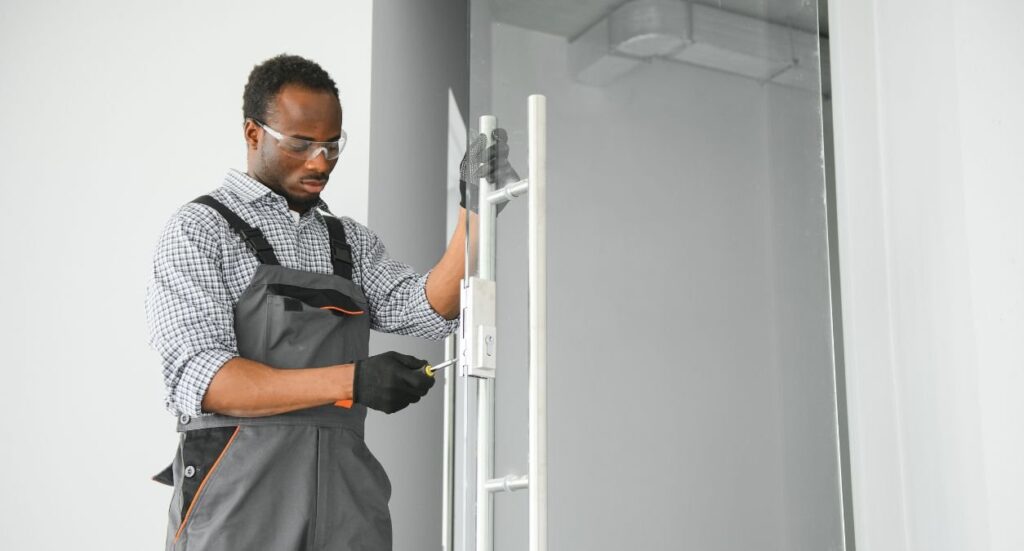
The cost of becoming FENSA approved varies depending on the size of your business and the number of installations you complete. Typically, fees include:
Initial registration fee – £267.40
- Upon application, there is a one-off fee of £267.40 (excluding VAT), which includes the cost of the initial on-site assessment.
Annual membership fee – £172
- The yearly registration fee is £172 (excluding VAT), charged annually on 1st January.
Inspection fees
- FENSA conducts random checks on installations, which may incur additional charges.
- For up to 25 installations per year: Minimum of 1 assessment costing £145.25 (excluding VAT
- For 26 to 200 installations per year: Minimum of 2 assessments, totalling £290.50 (excluding VAT
- For over 200 installations per year: 1% of all installations assessed, with each assessment costing £145.25 (excluding VAT
*Fees taken from FENSA website 28/3/25
Replacement certificate fees – If a homeowner requires a duplicate FENSA certificate, the cost is £25, including VAT, when ordered online.
The most up to date costs can be found on the FENSA website, but it is important to budget for both the initial registration and any ongoing expenses.
Pros and cons of becoming FENSA registered
Pros:
- Legally self-certify window and door installations without needing building control inspections.
- Increases credibility and reassures customers about the quality of work.
- Saves time and money compared to obtaining local authority approval.
- Provides marketing benefits, including the use of the FENSA logo and website listing.
- Helps tradespeople comply with government regulations more efficiently.
Cons:
- Registration and annual fees add to business expenses.
- Initial assessment and ongoing inspections require work to meet strict standards.
- Businesses must always comply with FENSA regulations, which may require adjustments to installation methods.
While there are costs and compliance requirements, many tradespeople find that the benefits of FENSA certification outweigh the drawbacks.
Tips for passing the FENSA assessment
To successfully pass the FENSA assessment and maintain certification, tradespeople should:
- Ensure all installations meet Building Regulations (Part L), particularly regarding energy efficiency.
- Keep records of previous jobs, including materials used and customer details, as proof of compliance.
- Maintain valid business insurance and proper documentation.
- Stay updated with changes to regulations and consider attending training courses to enhance knowledge.
A proactive approach to compliance will help businesses pass FENSA inspections and maintain a strong reputation in the industry.
Alternatives to FENSA
FENSA is not the only option for self-certifying window and door installations. Other alternatives include:
- Certass – Another UK certification body that offers self-certification for window and door installers.
- Building Control Approval – Instead of joining a certification scheme, installers can submit applications for local authority inspections, although this is often more time-consuming and costly.
- TrustMark and Competent Person Schemes – Additional accreditations that offer consumer protection and credibility.
Depending on the nature of your work and business needs, an alternative certification scheme may be a better fit.
Is it easy to switch to FENSA from another scheme?
Yes, switching to FENSA from another scheme like Certass is relatively straightforward. You’ll need to apply as normal and complete a FENSA assessment, but previous certification can support your application.
Before switching, check for any notice periods or contractual obligations with your current provider. Once approved, you can start issuing FENSA certificates and use the branding in your marketing.
Many tradespeople switch to FENSA for its strong brand recognition and homeowner trust, especially as it’s often requested during property sales.
To sum up…
Becoming FENSA approved is a smart choice for tradespeople working in window and door installation. It provides a recognised certification that simplifies regulatory compliance, boosts credibility, and enhances business opportunities. While there are costs and responsibilities involved, the ability to self-certify installations makes the process more efficient and beneficial for both tradespeople and their customers.
If you are considering becoming FENSA registered, visit the official FENSA website for more information and to start your application. With the right preparation, you can gain certification and enjoy the benefits of being a trusted, compliant installer.
Get Tradesperson Insurance from Protectivity
*Disclaimer – This blog has been created as general information and should not be taken as advice. Make sure you have the correct level of insurance for your requirements and always review policy documentation. Information is factually accurate at the time of publishing but may have become out of date.
Last updated by




